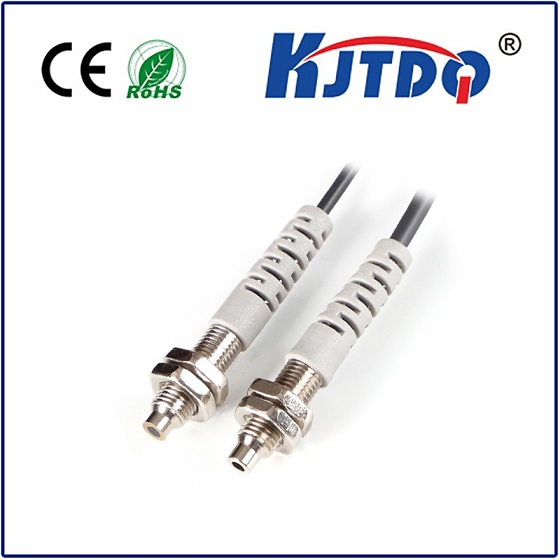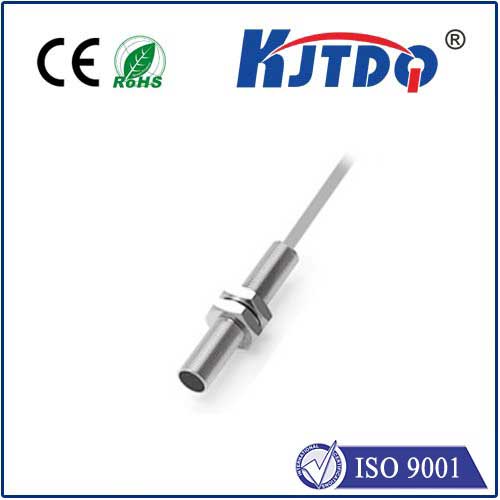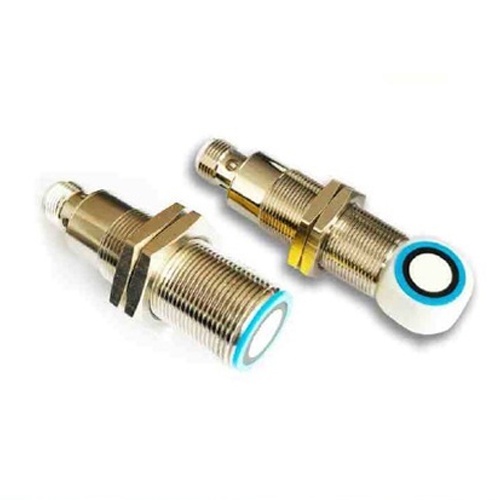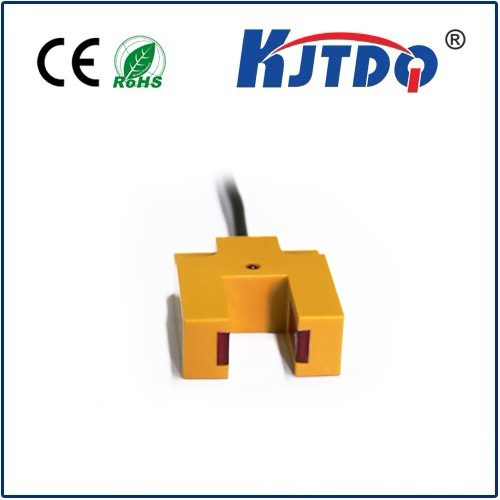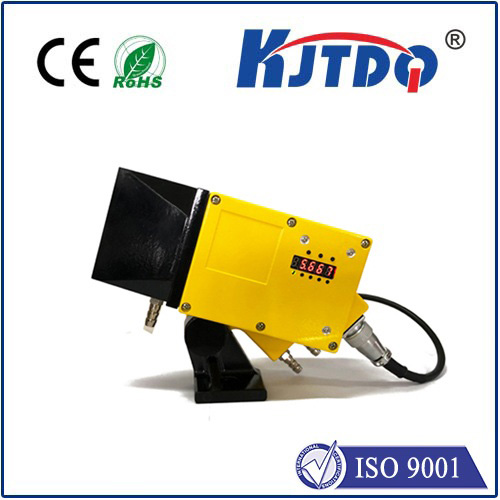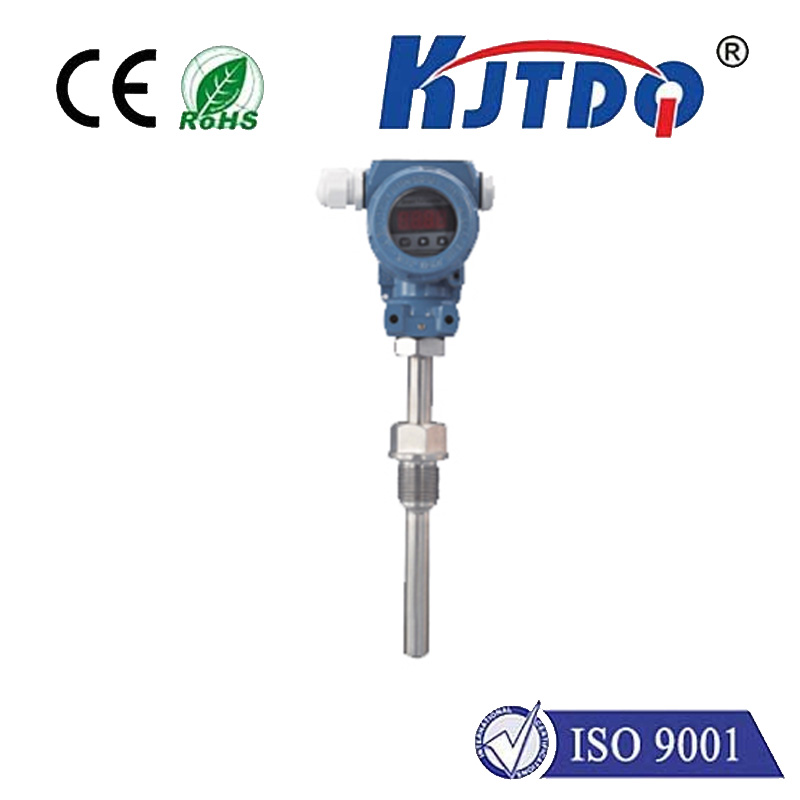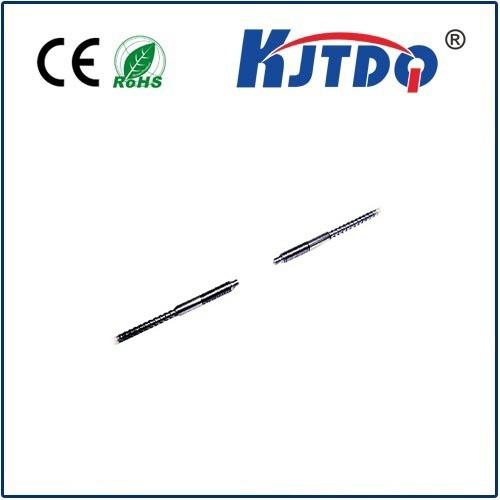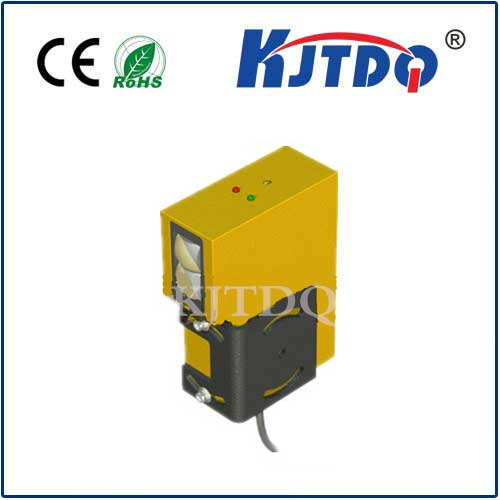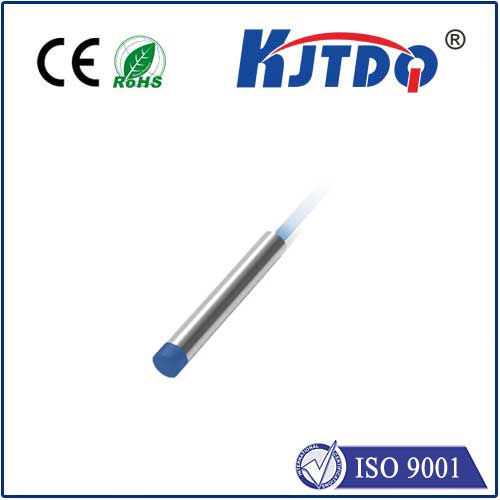BES01YC high pressure proximity sensor
- time:2025-10-14 00:15:15
- Нажмите:0
BES01YC High Pressure Proximity Sensor: Unwavering Detection in Extreme Environments
Imagine a critical hydraulic press in a bustling automotive plant. Tons of force are applied precisely. A minor malfunction in detecting the piston’s position under immense pressure could lead to catastrophic failure, costly downtime, and safety hazards. This is the unforgiving reality in many industrial settings where standard sensors simply buckle. The BES01YC High Pressure Proximity Sensor emerges as the engineered solution, specifically designed to deliver unwavering reliability where pressure is not just a factor, but the defining challenge.
Industrial automation thrives on precision and reliability. Sensors are the nervous system, feeding vital data to control systems. However, environments like hydraulic power units, high-pressure fluid systems, deep-sea equipment, or heavy-duty presses subject components to forces that standard inductive proximity sensors cannot endure. Conventional housings deform, seals fail, and performance degrades, leading to inaccurate readings or complete sensor breakdown. This vulnerability creates operational inefficiencies and significant maintenance burdens.

The BES01YC addresses this fundamental gap head-on. It’s not merely a sensor; it’s a testament to robust engineering built for high pressure proximity sensing. Its defining characteristic is its exceptional ability to maintain performance integrity when immersed in or subjected to fluids or gaseous environments operating under substantial pressure. Unlike generic sensors prone to failure under such duress, the BES01YC’s construction is meticulously optimized for resilience.
Engineered for the Crucible: Key Features of the BES01YC
What sets the BES01YC apart and makes it the go-to proximity sensor for demanding applications? Several critical features define its capabilities:
- Exceptional Pressure Resistance: The core strength lies in its robust stainless-steel housing. This isn’t just durable; it’s engineered with specific wall thicknesses and sealing geometries designed to withstand significant external pressure without compromising the internal components or sensing performance. This ensures the sensor continues to detect targets accurately even when submerged deep within high-pressure oil lines or compressed air systems.
- Advanced Sealing Technology: Achieving reliable high pressure proximity sensing demands more than just a thick housing. The BES01YC incorporates high-integrity seals, often utilizing specialized elastomers and precise sealing techniques, achieving ratings like IP67, IP68, or even IP69K. This translates to protection not only against crushing pressures but also against ingress from liquids, oils, coolants, and high-pressure washdowns – common in harsh industrial environments. Corrosion resistance is paramount for long-term operation.
- Uncompromised Sensing Performance: Resilience doesn’t mean sacrificing accuracy. The BES01YC typically utilizes a robust inductive sensing principle, detecting the presence of metallic targets without physical contact. Despite its fortified build, it delivers consistent switching points and reliable operation within its specified pressure and temperature ranges. Signal stability is crucial for precise machine control under stress.
- Extended Operational Life & Reliability: Built to endure, the BES01YC proximity sensor significantly reduces downtime and maintenance costs associated with frequent sensor failures in high-pressure zones. Its rugged design translates to a dramatically longer service life compared to standard sensors ill-equipped for such environments. Predictability in sensor performance directly enhances overall system reliability.
- Resistance to Mechanical Stress: Beyond fluid pressure, these environments often involve vibration and shock. The solid construction of the BES01YC high pressure sensor ensures it remains unaffected by the mechanical stresses that are commonplace in heavy machinery and hydraulic systems. Mounting stability is critical for consistent detection.
Where the Pressure Builds: Vital Applications
The unique capabilities of the BES01YC High Pressure Proximity Sensor make it indispensable across a spectrum of demanding industries:
- Hydraulics & Pneumatics: Monitoring piston positions within hydraulic cylinders, detecting valve spool positions in high-pressure manifolds, verifying the closed/open state of high-pressure valves, and ensuring safety in accumulator units. Reliable sensing here is fundamental to system control and preventing dangerous over-pressure situations.
- Oil & Gas Exploration/Production: Used downhole or in surface equipment exposed to extreme wellhead pressures, within blowout preventers (BOPs), and monitoring high-pressure fluid injection systems. Equipment in this sector faces some of the harshest conditions imaginable.
- Marine & Offshore: Critical for depth-related sensing on remotely operated vehicles (ROVs), subsea valves and actuators, ballast control systems, and high-pressure seawater lines. Saltwater corrosion combined with extreme depth pressure necessitates exceptional robustness.
- Heavy Presses & Stamping Machines: Detecting tooling positions, verifying material presence, and monitoring ram positions under immense tonnage where internal pressures can surge. Failures here lead directly to production stoppages and potential damage.
- High-Pressure Test Rigs & Systems: Providing reliable position feedback on actuators and valves controlling fluids under intense pressure during testing phases. Accuracy is non-negotiable for valid test results.
- Chemical & Process Industry: Monitoring equipment within pipelines or reactors handling pressurized aggressive chemicals, where standard sensors would rapidly succumb to corrosion or pressure deformation.
Integrating the BES01YC for Optimal Performance
Selecting the right sensor is only the first step. Proper integration is key to unlocking the full potential of the BES01YC high pressure proximity sensor:
- Mounting is Paramount: Ensure secure, vibration-resistant mounting. The sensor housing must be properly grounded, and mounting surfaces should be clean and flat to avoid distorting the housing under pressure. Follow the manufacturer’s specified tightening torque precisely – over-tightening can damage seals, while under-tightening compromises pressure integrity.
- Pressure & Environmental Limits: Carefully review the specifications. While designed for high pressure, every sensor has its limits. Ensure the BES01YC is rated for the maximum pressure (both static and any potential pressure spikes or surges), temperature range, and chemical compatibility of your specific application. Exceeding these limits voids the sensor’s protective capabilities.
- Electrical Connections: Use appropriate, high-quality, sealed connectors or cable glands compatible with the pressure and environmental conditions. Protect cable runs from abrasion, crushing, and chemical exposure. A sensor is only as reliable as its connection to the control system. Consider the need for intrinsically safe versions in hazardous areas.
- Target Considerations: Ensure the target material (typically ferrous or non-ferrous metal) and size meet the sensor’s specifications. The sensing distance might be slightly different from standard sensors due to the thicker housing, so careful positioning is crucial. Factor this in during the design phase.
Why Choose the BES01YC?
In the relentless world of industrial automation, equipment failure is not an option, especially in high-pressure applications. The BES01YC High Pressure Proximity Sensor delivers more than just detection; it offers peace of mind. It represents a commitment to:
- Повышение безопасности: Preventing accidents caused by undetected malfunctions in high-pressure systems.
- Maximized Uptime: Drastically reducing unscheduled maintenance and sensor replacement caused by pressure-induced failures.
- Process Reliability: Delivering consistent, accurate position feedback for precise machine control under demanding conditions.
- Reduced Total Cost of Ownership (TCO): Longer lifespan and fewer







